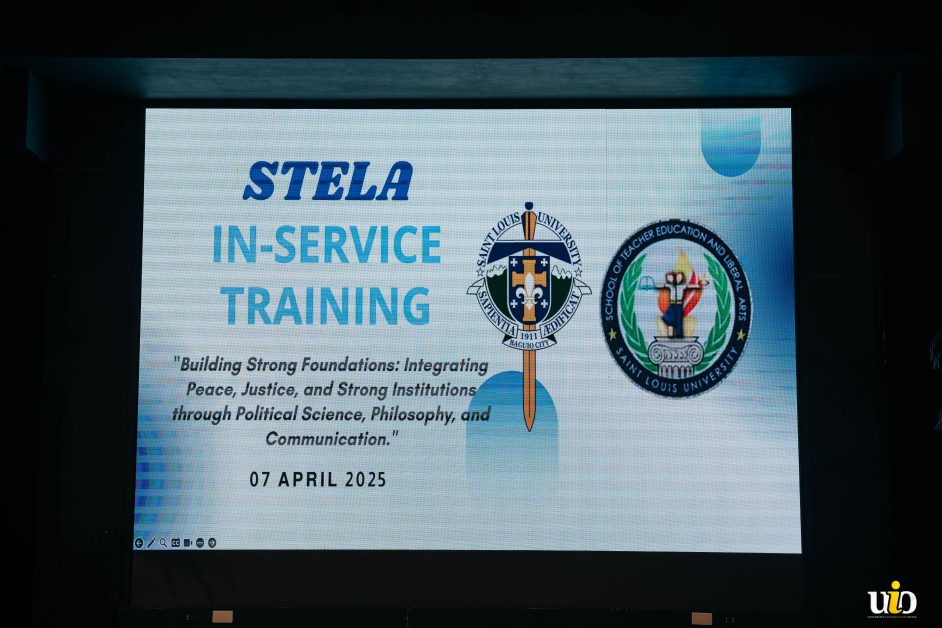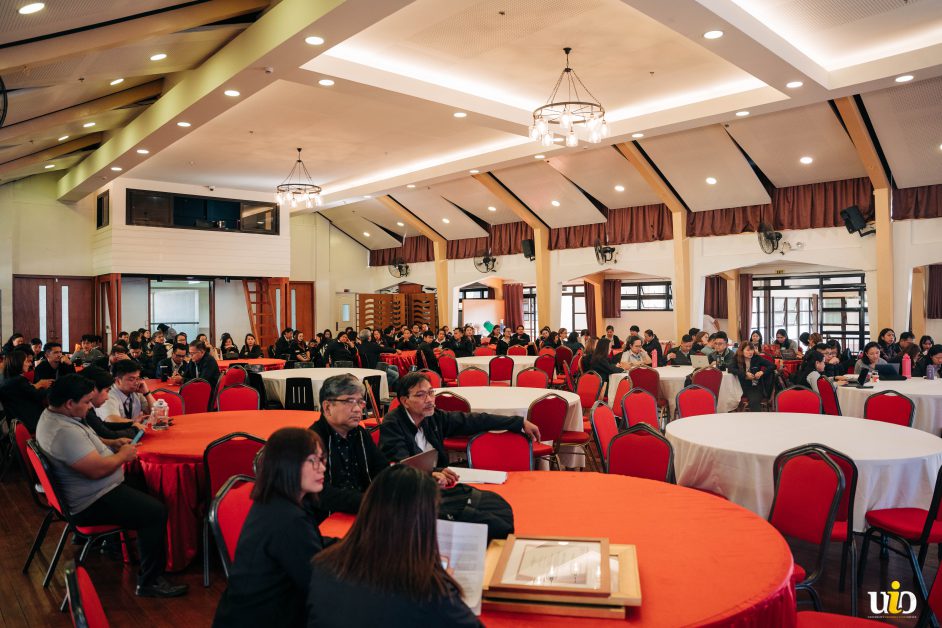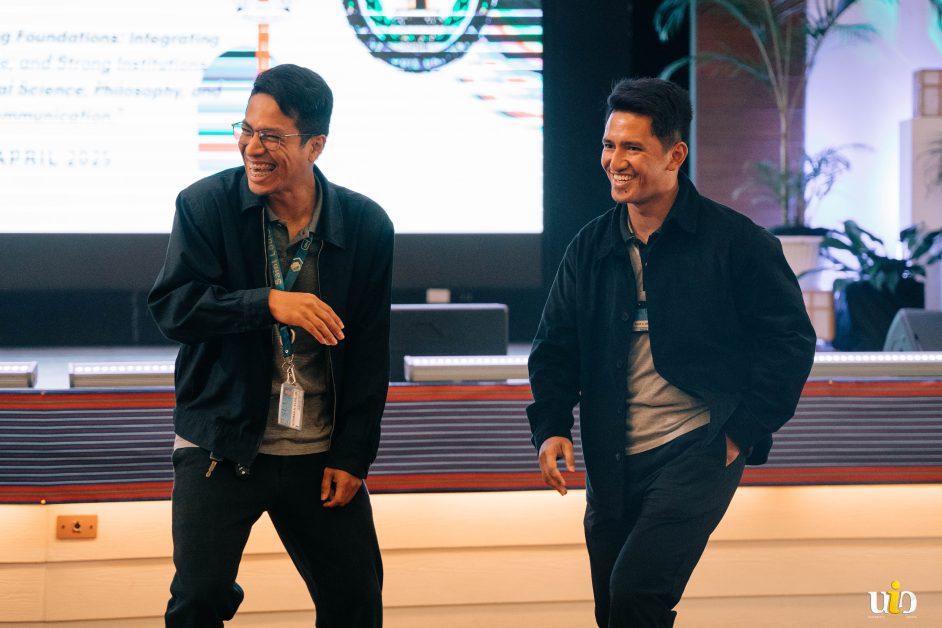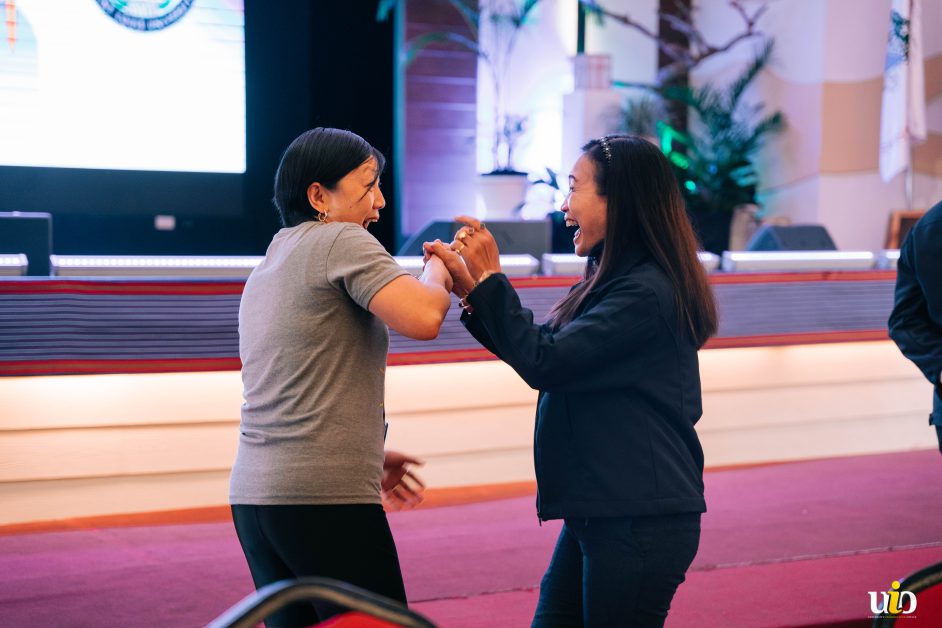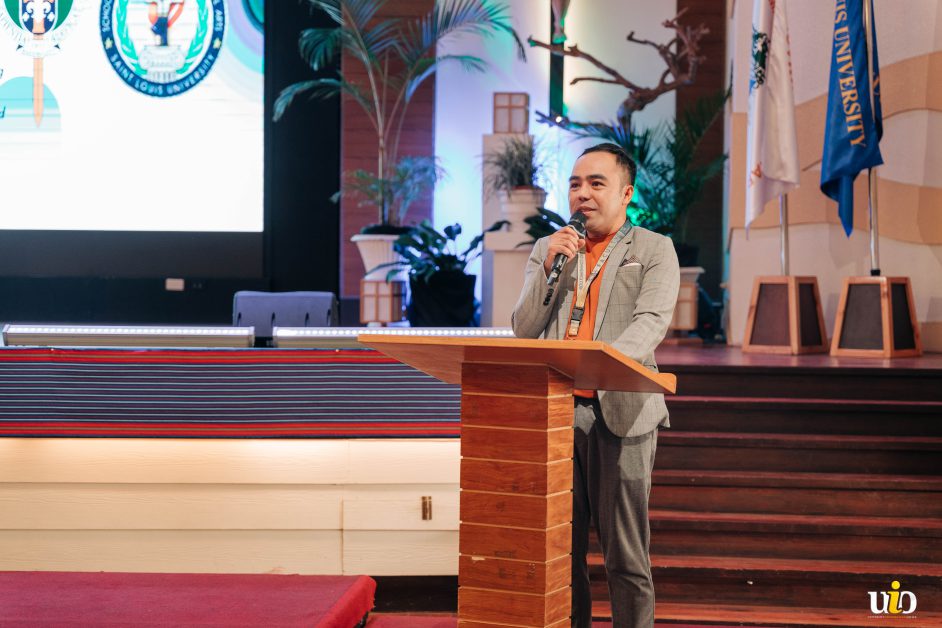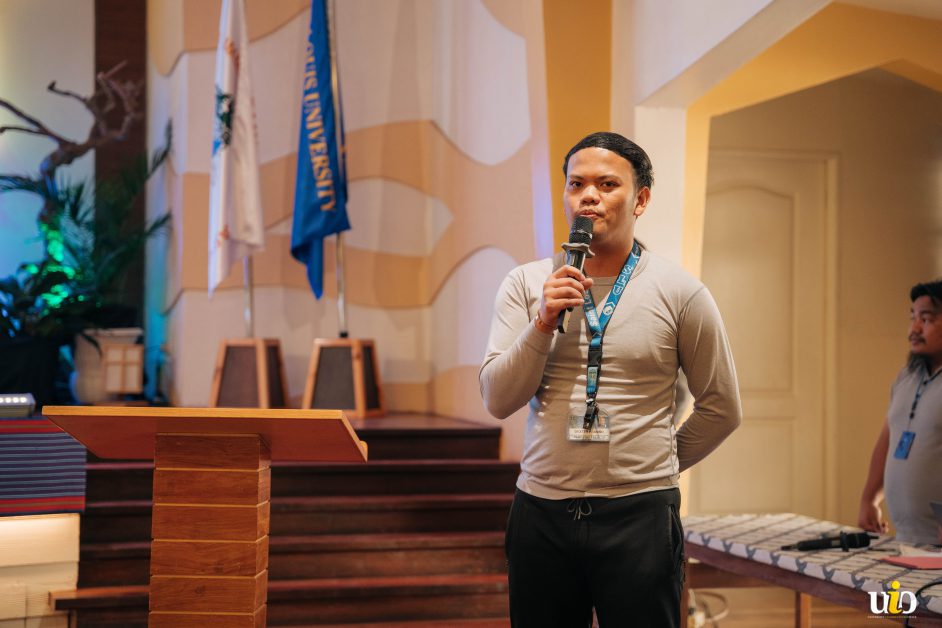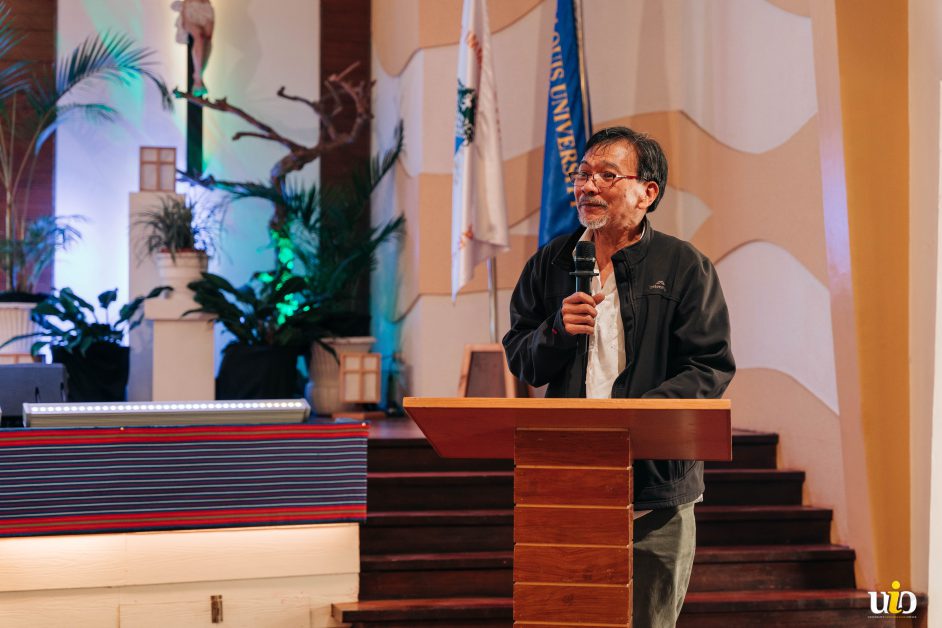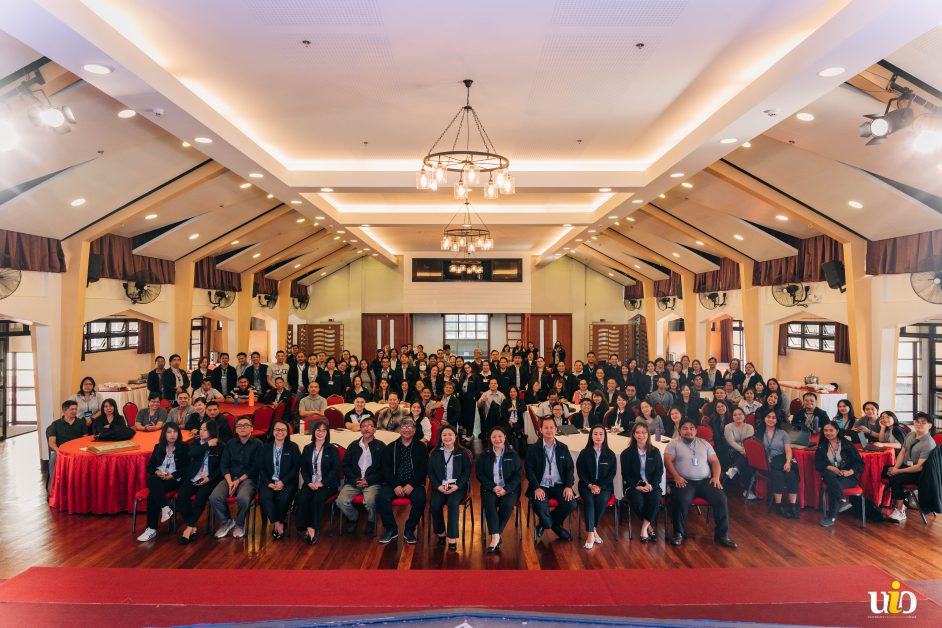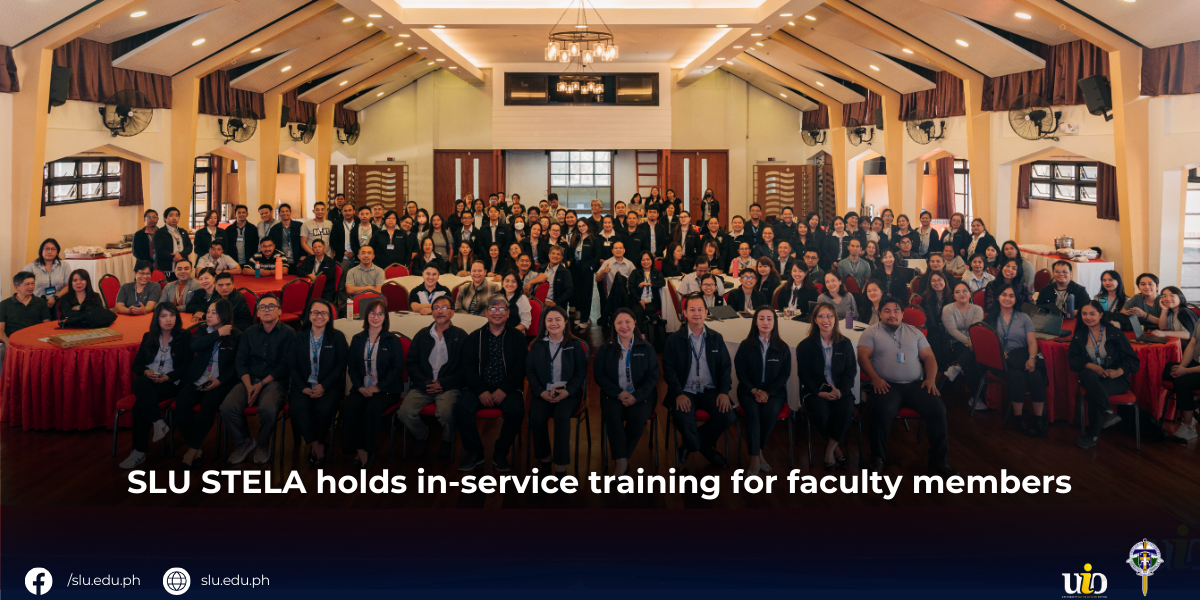The School of Teacher Education and Liberal Arts (STELA) of Saint Louis University (SLU) conducted an inter-department in-service training on 7 April 2025 at the Fr. Francis Gevers Hall, Diego Silang Building, SLU Main Campus. Titled “Shaping Strong Foundations: Integrating Peace, Justice, and Strong Institutions through Political Science, Philosophy, and Communication,” the training gathered STELA faculty members from the departments of Physical Education, Languages and Communication, Social Work, Political and Social Sciences, Professional Education, Religion, Philosophy, and Psychology.
STELA Dean, Mary Pauline E. Namoca, PhD, set the tone for the day’s events, saying, “As teachers, we not only impart knowledge, but also nurture critical thinking, creativity, and a lifelong love for learning. It is through professional development like this that we continue to grow and evolve as educators, ensuring we meet the needs of our students and change the educational landscape. Together, we can strengthen our collective impact and further elevate our teaching and learning experience for those that we serve. We stay true to our goal of maintaining quality service and excellence. “As Fr. Gilbert said, ‘The Lord is praised in excellence,’” Dean Namoca expressed.
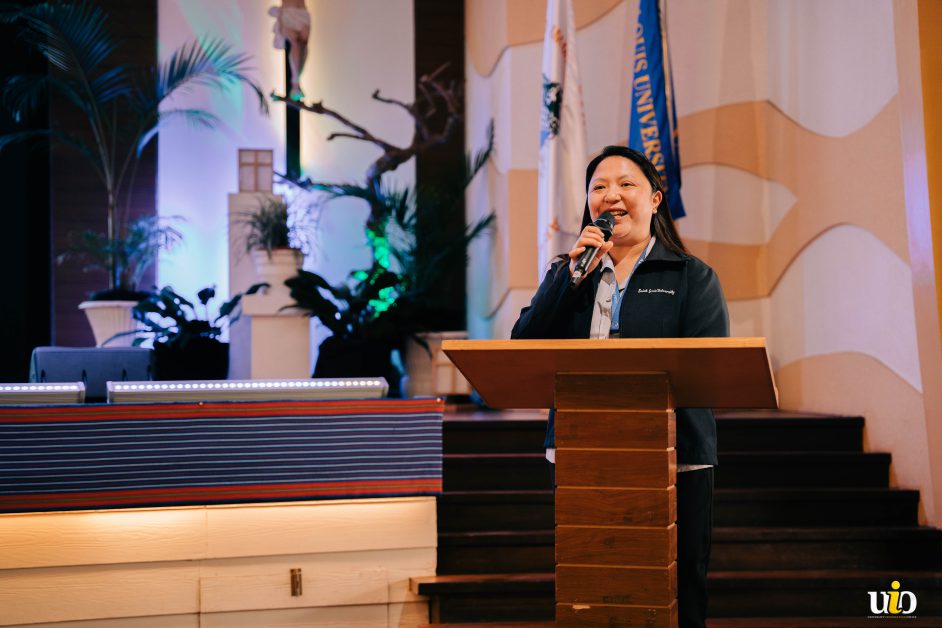
The Vice President for Academic Affairs, Felina P. Espique, PhD, then gave her welcome message centering on the importance of the courses and programs under STELA. “Inter department training such as this gives us a chance to break silos and work toward a goal that is building strong convictions among students across all programs and schools. Our courses form the bedrock of the academic experience. Through you, our students develop critical thinking, ethical reasoning and communication skills that guide their future work and civic life. Through the different courses that we offer, we introduce to our students, civic engagement, governance and human rights. We also help our students understand ethical judgement, logical thinking , and a respect to diverse perspectives,” Dr. Espique said.
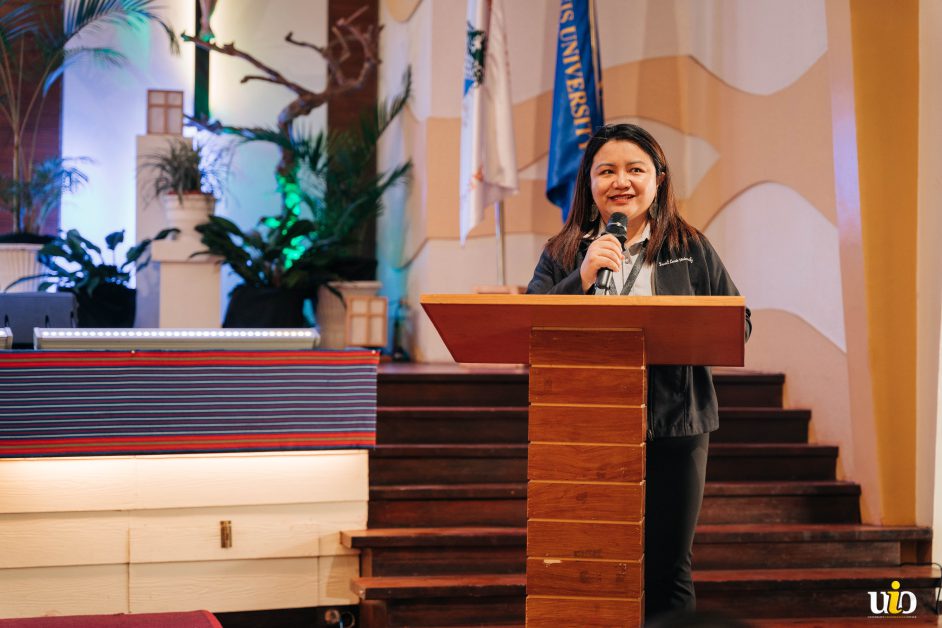
The plenary session then commenced, facilitated by Ethnomathematician and Professor of Mathematics, Willy Alangui, PhD of the University of the Philippines – Baguio. His talk “Worldviews count: An (ethno)mathematician’s take on integrating culture in our work for peace and justice,” centered on key points like United Nations Sustainable Development Goals (SDG) 16: Peace, justice, and strong institutions, culture and SDG 1, locating the study of Cordillera culture and the Indigenization of the curriculum, and challenges anticipated.
Dr. Alangui stressed, “One of the best and strategic ways to educate and transform views about Indigenous Peoples is to incorporate in the curriculum their histories, traditions, knowledge, philosophies, and worldviews.” Through these efforts, “one hopes that discussions in class would instill in them, our students, greater appreciation for diversity, and they will leave the university with a better understanding and respect for all cultures,” he further stated.

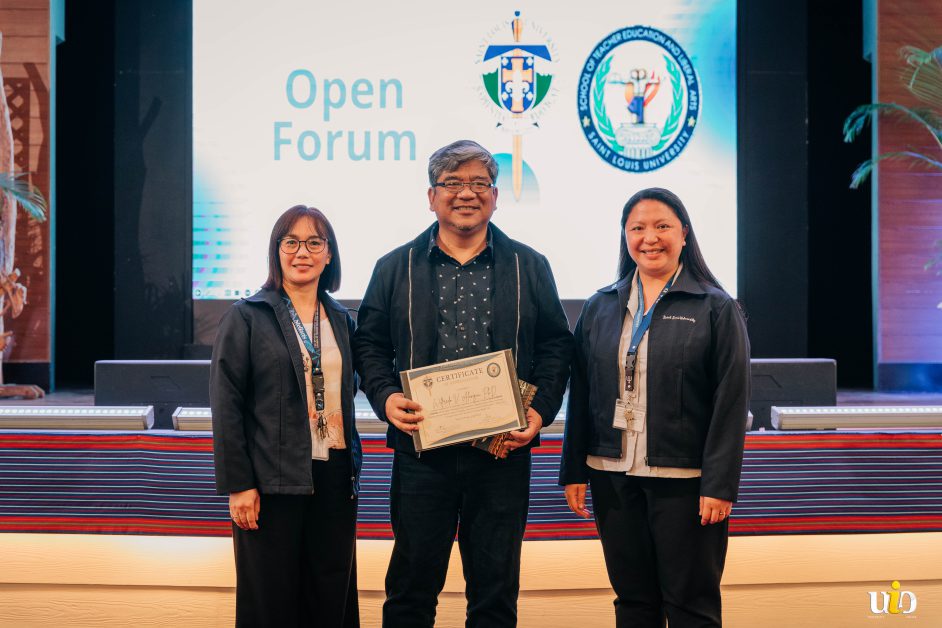
The discourse continued to the open forum, where STELA educators raised their questions, expressed concerns, and shared their insights from their academic work and classroom experiences, especially in the G- CORDI course.
Further, a presentation of certificates was conducted for the milestones of STELA, particularly the Excellence in Quality Assurance in Teacher Education Award given by the Commission on Higher Education (CHED) and the recognition by the Department of Social Welfare and Development as an Iyaman Awardee during the 74th DSWD Anniversary Celebration.
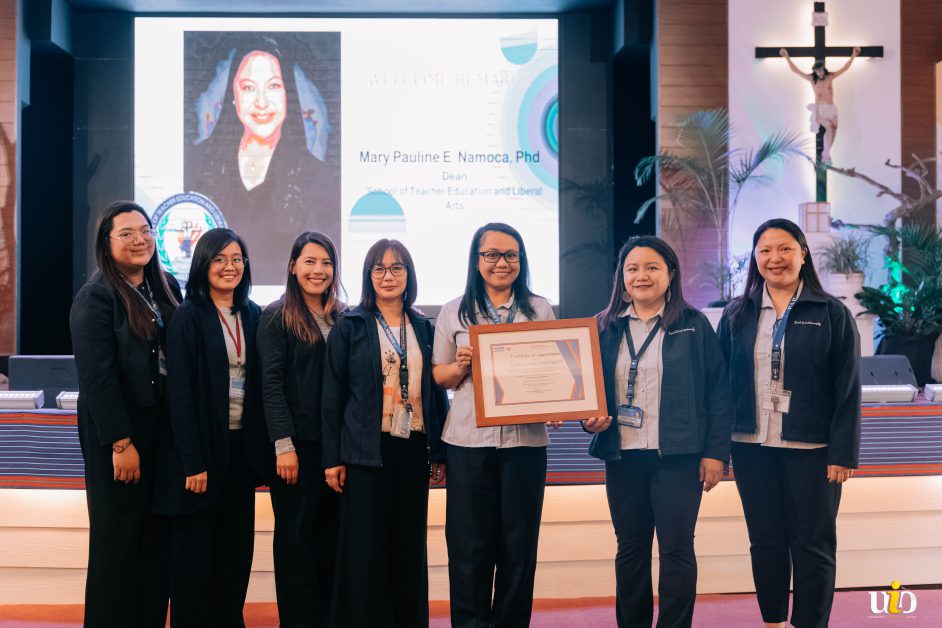
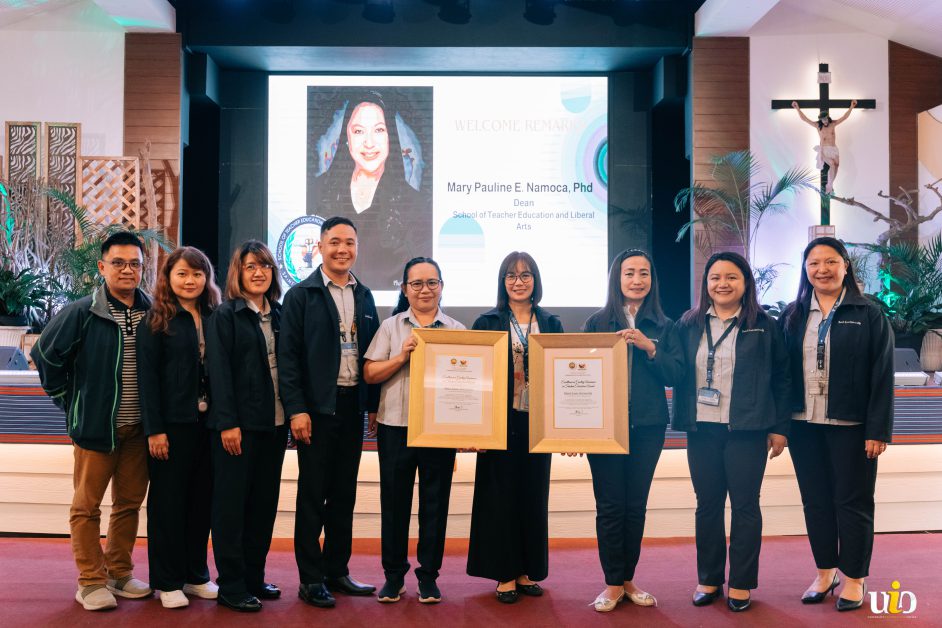
Putting a close to the event, STELA Associate Dean, Teresita D. Ignacio, PhD, gave the closing remarks and said, “Looking ahead, let us carry the momentum of this training forward, strengthening Saint Louis University’s commitment to inclusive education and cultural preservation as we produce new knowledge. By championing initiatives like a G CORDI course, we honor the rich heritage of the Cordillera region and cultivate a deeper understanding of our cultural identity within our students.”
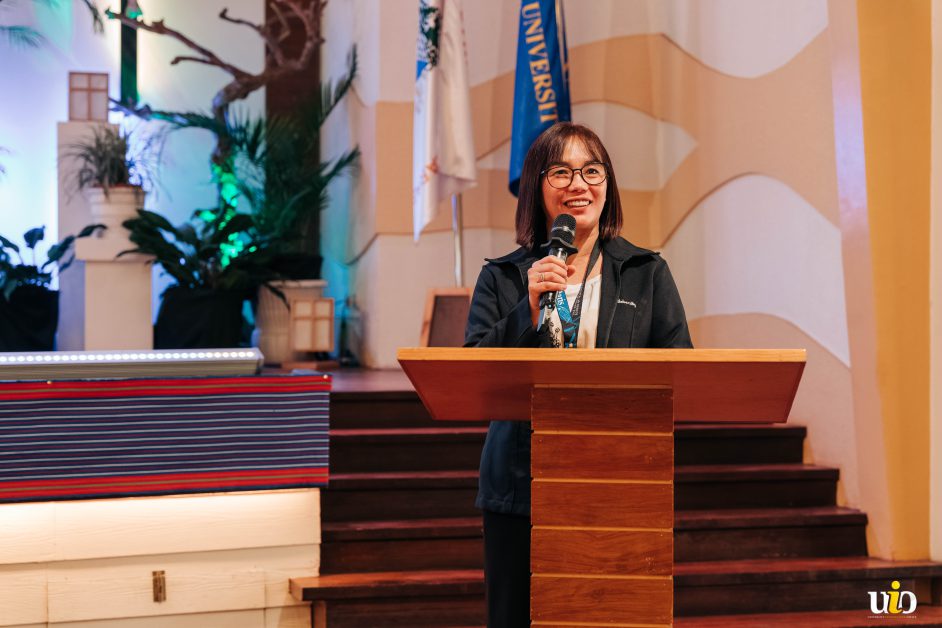
The in-service training attests to the University’s commitment to quality education (SDG 4) that upholds and recognizes cultures and indigenous peoples (SDG 16). It also aligns with the CICM’s Indigenous Peoples’ Advocacy.
